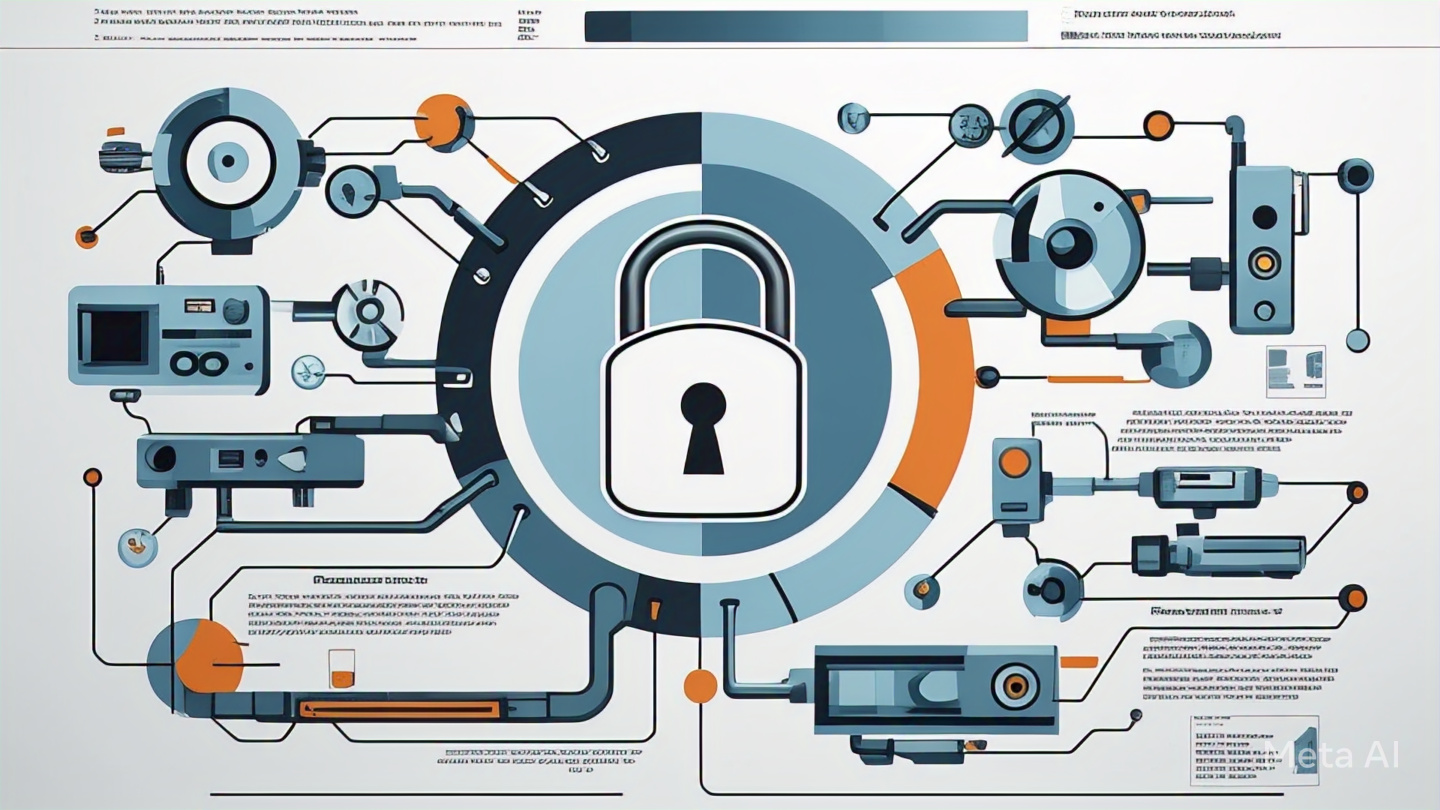Wi-Fi
Posted on April 27, 2025
The network industry is pushing for new and improved standards in Wi-Fi technology.
You’ve probably heard of “Wi-Fi 7,” which is based on the IEEE 802.11be standard.
This new generation offers higher throughput and enhanced encryption, ensuring faster speeds and increased security.
I strongly recommend upgrading your network whenever possible, as older devices can become vulnerable over time.
Ports
Posted on April 27, 2025
Ports are essential for network communication, allowing devices to connect and exchange data.
However, open ports can be exploited by attackers to gain unauthorized access to your system.
To secure your network, regularly scan for open ports and close any that are unnecessary.
Additionally, consider using a firewall to monitor and control incoming and outgoing traffic.
Virtualization
Posted on April 27, 2025
Virtualization is a technology that allows you to run multiple operating systems on a single physical machine.
This can be useful for testing software, running legacy applications, or isolating different environments.
However, it’s important to ensure that your virtualization software is up to date and properly configured to prevent security vulnerabilities.
Phishing
Posted on April 27, 2025
Phishing is a common cyber attack where attackers impersonate legitimate organizations to steal sensitive information.
To protect yourself from phishing attacks, be cautious of unsolicited emails or messages asking for personal information.
Always verify the sender's identity and avoid clicking on suspicious links.
Use Secure Websites
Posted on April 27, 2025
When browsing the web, ensure that the websites you visit use HTTPS encryption.
This indicates that the connection between your browser and the website is secure, protecting your data from eavesdropping.
Zero-Day
Posted on April 27, 2025
A zero-day refers to a software vulnerability or bug that has just been discovered.
Zero-day vulnerabilities pose a significant threat to businesses, as they are often known only by those who discover them.
For example, a zero-day was recently identified in Apple iPhones, potentially allowing attackers to view photos in real time.
To protect yourself from such vulnerabilities, ensure that your devices are updated frequently, use strong and unique passwords with a password manager, and avoid clicking on suspicious links.
RFID and NFC blocking
Posted on April 27, 2025
If you have a keyless car, you probably have a key fob that uses RFID; the signal that your fob uses can be copied and cloned
to another device. This lets attackers clone your key as if it was an exact duplicate so they can gain access to your vehicle.
However, you can block this signal from transmitting into the air by using an RFID blocking case.
Just about everyone owns a debit or credit card. In most cases these cards have a chip that uses NFC (Near Field Communication).
This signal also constantly emits data. Attackers can use the same method and clone a card or any NFC-enabled device.
You can prevent this by using an NFC blocking wallet.



